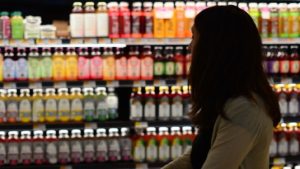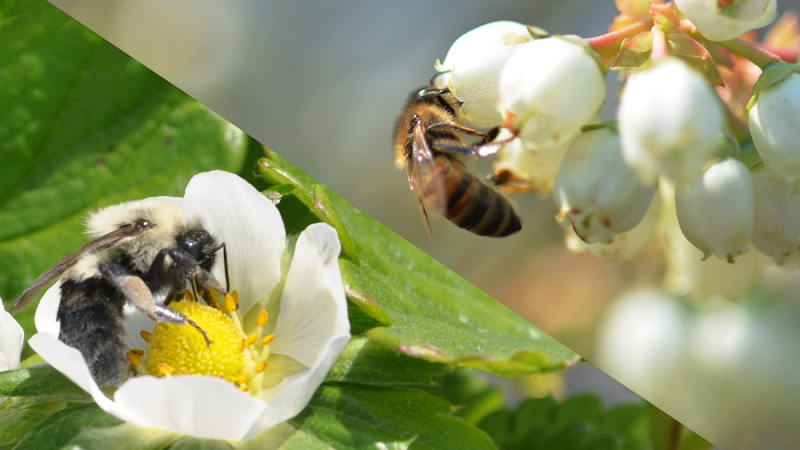Giving Organic Produce Consumers What They Want Isn’t Easy [Opinion]
 Over the past year, each time I speak with growers about organic produce, I hear strikingly different stories.
Over the past year, each time I speak with growers about organic produce, I hear strikingly different stories.
One will say how organic lettuce prices have dropped so much he is considering getting out of organics altogether. Then a day or so later, another grower will say how organic lettuce prices are booming, and he’s having trouble keeping up. But organic tomatoes? In the basement.
Which will naturally be the exact crop another grower is succeeding in. And that’s just the discussions about finances. There are dozens of other organic topics where growers’ experiences can be the opposite of peers.
There is one thing, though, that most growers agree upon. A disconnect exists between what consumers think organic food means and reality.
What Consumers Think Organic Produce Means
The USDA Organic Certified label bears a lot of weight. For many consumers, it’s the one symbol they trust to indicate that their food is safe and sustainable.
And to a large extent, that trust is deserved. That label means that growers have grown produce in an organic manner, on fields that have either always been treated organically or were absent any non-organic products for three years prior to organic production.
But most consumers read a great deal more into the label than what it promises. A whopping 69% believe organic produce is pesticide free. They do not realize there are organic pesticides being used.
For others, organic produce is all about being responsible with how the land is treated. They think that the fallback position for any grower who isn’t organic is to saturate his farm with chemicals.
It’s a tough position for the vegetable industry to be in. How can growers convey the realities of how they grow? How can they show growers that being a steward of the land is as integral to growing as oxygen is to breathing?
Agriculture, after all, is largely a family business – more specifically, a multi-generational business. Destroying resources like soil and water just makes no sense.
So what is a grower to do when faced with a public demanding pesticide-free food? The only viable solution is to work together to show the public how modern farmers care about safety and stewardship.










